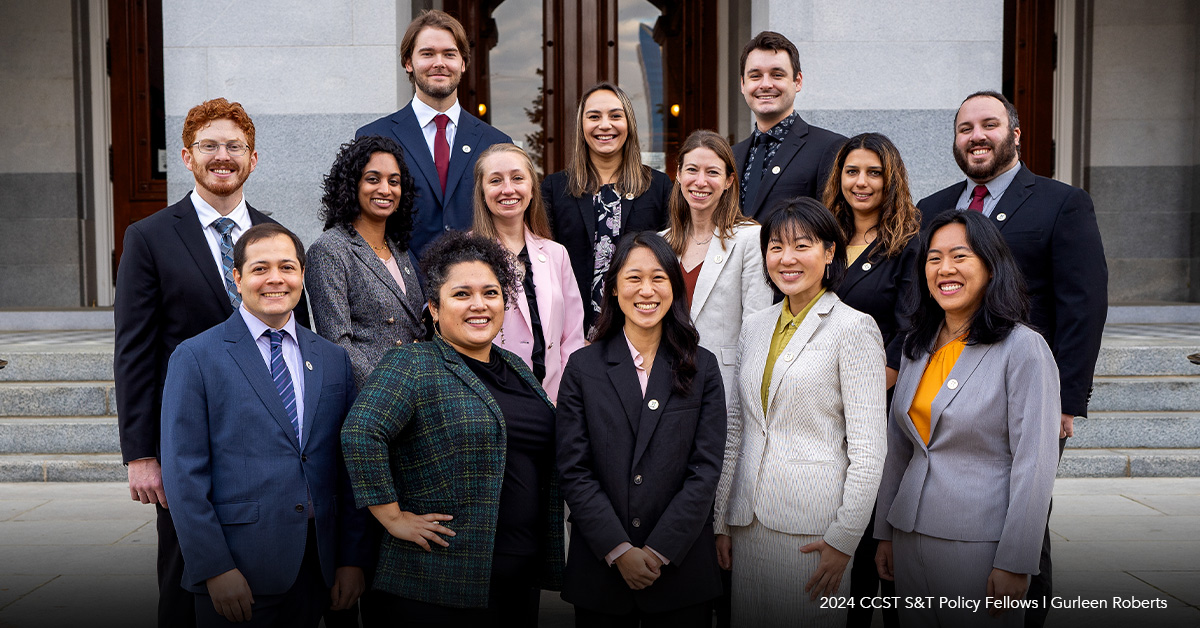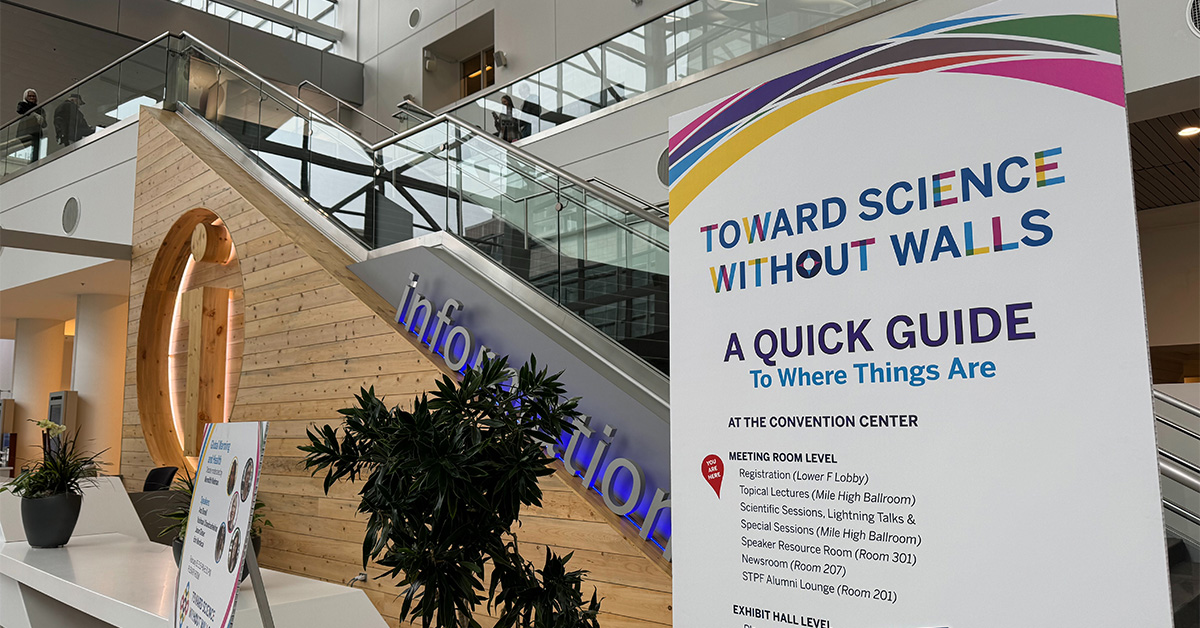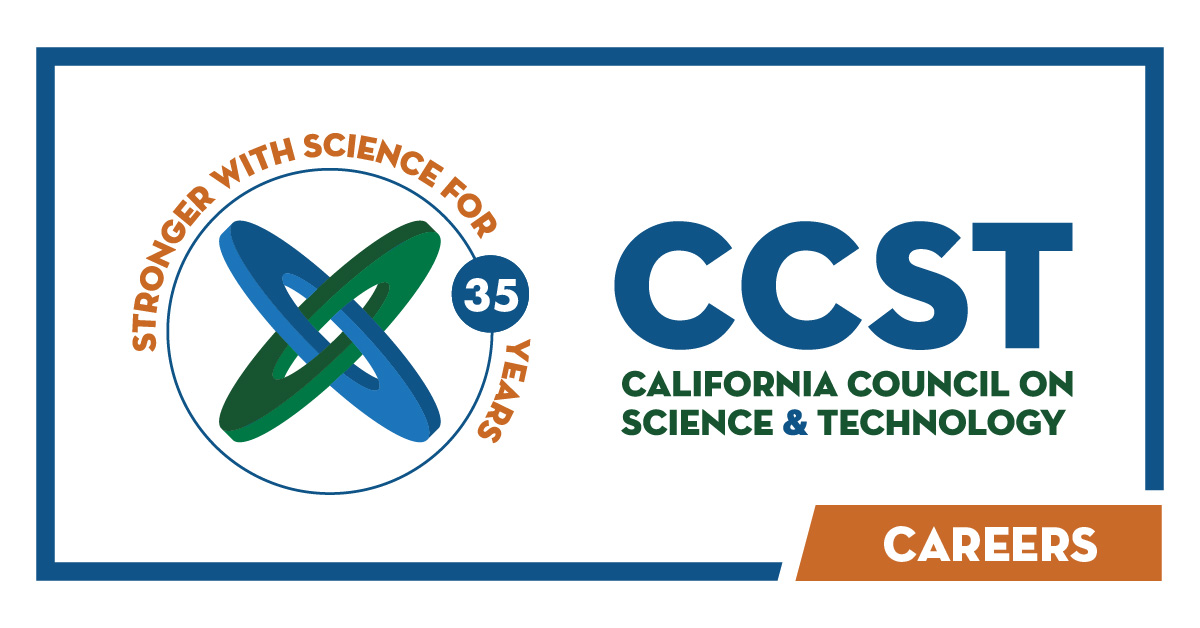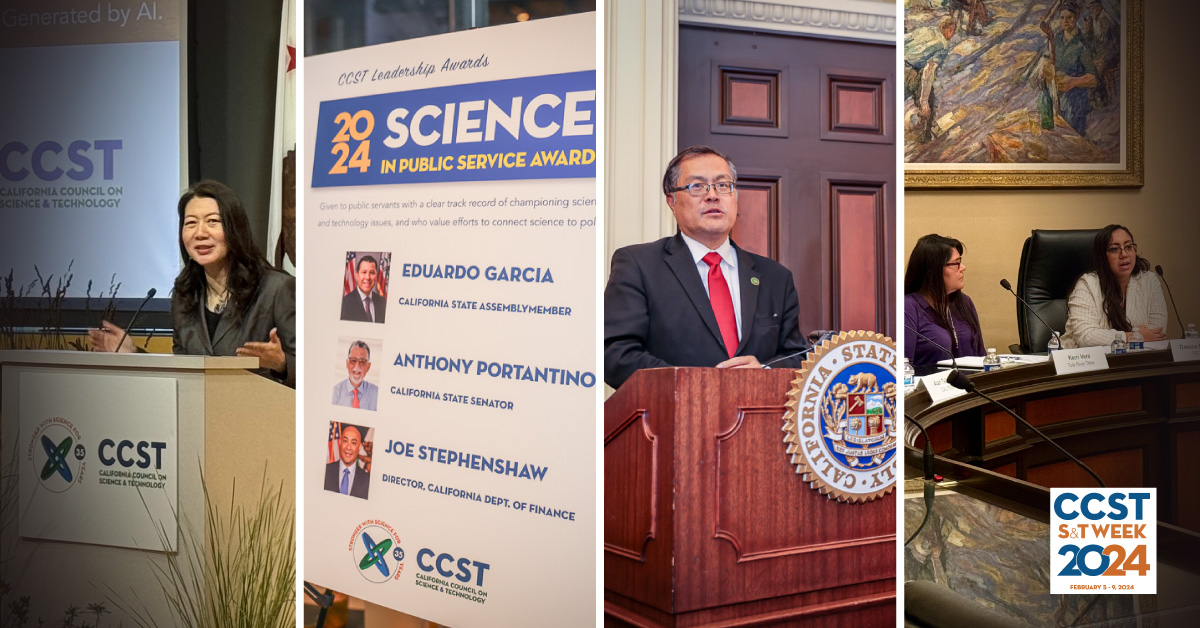Council Member Funds New Autism Institute
January 26, 2012 | CCST Newsroom | Contact: M. Daniel DeCillis

Parents of autistic children often have trouble finding suitable schooling and treatment providers for their children, and are left perplexed and exhausted by managing all of the separate services for their children’s care. CCST Council member, Fariborz Maseeh, was one such parent. When he wasn’t able to find the combination of services that his son required, he took a different approach, founding a new school dedicated to the education and treatment of children with autism. The program started with just one therapist four years ago, and on February 23, the Kids Institute for Development & Advancement (KiDA) will enter a new stage of its expansion, with the opening of a custom built and fully integrated 50,000 square foot facility in Irvine, CA.
“There are a lot of wonderful institutions and companies that provide therapy and education for children with autism,” said Maseeh. “However, until now, no one has brought everything under the same roof. With KiDA, we have created a uniquely integrated set of services, ranging from educational to medical, which will hopefully prove to be more effective and less stressful for children. Additionally, we are continually integrating innovative technologies and therapy methods for the benefit of the children we help at KiDA.”
Maseeh is no stranger to such innovative ventures. A worldwide recognized expert in the field of micro-electro mechanical systems (MEMS), he founded the IntelliSense corporation in 1991 and, later, Picoco LLC, an investment management firm. He is also is the sole founder and president of The Massiah Foundation, a charitable organization that invests in transformational projects for broad public benefit.
“The majority of what we’ve done at Massiah has been education based,” noted Maseeh. “We look for areas where we can have a large impact, funding something that otherwise would not be done. One example of this was a gift made to M.I.T. to increase its undergraduate population by ten percent. Producing 1,000 additional graduates from M.I.T. over a decade is something that will have a definite economic stimulus. Basically, we are leveraging existing strengths in new ways.”
KiDA is also an example of a program that delivers existing services in a fundamentally different way. The next step, according to Maseeh, will be incorporating and evaluating the best state of the art teaching technologies and content in the classrooms.
“We have an opportunity to validate whether and to what extent integrating autism-related services in this manner is effective,” said Maseeh. “There’s no question that this approach is expensive, at least at this point. Hopefully, we can find ways to reduce some of the expenditures through the use of technology. With the validation of measured outcomes and greater financial efficiency, hopefully others will be able to adopt this integrated educational approach down the road.”
Maseeh sees the use of technology in education as critical to its advancement and efficiency. He feels that CCST, which is preparing an update to its 2011 report on digitally enhanced education, can play an important part of that discussion.
“The incorporation of technology is going to be central to any effective effort to bring our education system into the 21st century, both for special education and mainstream schools, and CCST can help the state explore how to do that,” said Maseeh. “Ultimately, it’s about creating empowerment through education, catapulting it forward in a way that it can have a material impact for society.”






